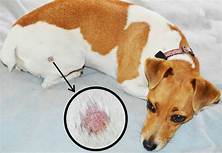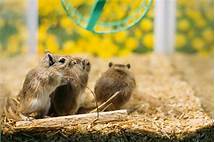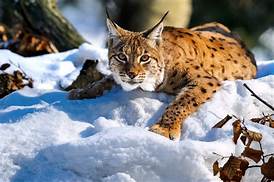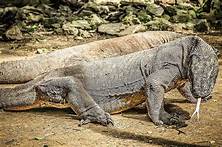How Much Is a Pet Lion?
Lions are majestic and powerful creatures that have captivated humans for centuries. While they may seem like the ultimate exotic pet, owning a lion is a complex and expensive endeavor that should not be taken lightly.
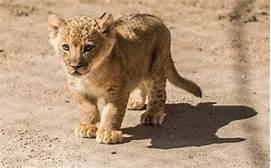
Legality and Licensing
Before you even consider purchasing a lion, you need to check the legality of owning one in your area. In many countries and states, it is illegal to keep lions as pets. Even where it is legal, you will likely need to obtain a special permit or license from the local authorities.
The requirements for obtaining a lion permit vary from place to place. Generally, you will need to demonstrate that you have the knowledge, experience, and facilities to care for a lion properly. This may include having a secure enclosure, a veterinarian who is experienced in caring for lions, and a plan for providing the lion with appropriate food and enrichment.
The cost of obtaining a lion permit can vary depending on the location and the specific requirements.
Acquisition Costs
If you are able to obtain a lion permit, the next step is to find a reputable breeder or seller. Lions are not commonly bred in captivity, so finding one for sale can be a challenge. You may need to travel to a different state or country to find a lion that is available for purchase.
The price of a lion can vary significantly depending on the age, sex, and lineage of the animal. A young lion cub may cost anywhere from $1,500 to $10,000, while an adult lion may cost upwards of $50,000.
Ongoing Expenses
In addition to the initial cost of purchasing a lion, you will also need to factor in the ongoing expenses of caring for the animal. Lions require a large, secure enclosure, a specialized diet, and regular veterinary care.
The cost of food for a lion can vary depending on the size and age of the animal. A lion may eat up to 15 pounds of meat per day, which can cost several hundred dollars per month.
Veterinary care for a lion can also be expensive. Lions are prone to a variety of health problems, including heart disease, kidney disease, and cancer. The cost of routine checkups and vaccinations can add up quickly, and major medical procedures can cost thousands of dollars.
Conclusion
Owning a lion is a major financial commitment. In addition to the initial cost of purchasing the animal, you will need to factor in the ongoing expenses of food, veterinary care, and enclosure maintenance. Before you decide to purchase a lion, be sure to do your research and make sure you are prepared to provide the animal with the care it deserves.
Declaration: All article resources on this website, unless otherwise specified or labeled, are collected from online resources. If the content on this website infringes on the legitimate rights and interests of the original author, you can contact this website to delete it.

